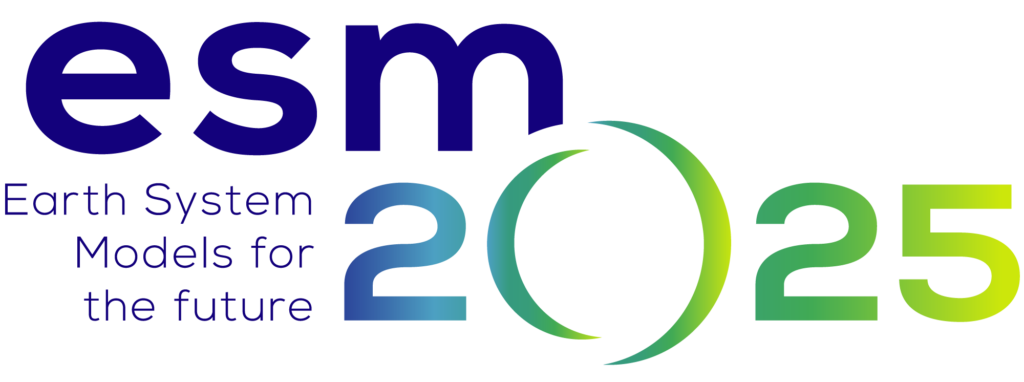Work Package 13 - Assessment of robust and resilient climate action
This work package (WP) will capitalize on the new insights and simple climate modelling tools developed in other parts of the project and establish a link between these Earth system science tools and tools for policy analysis known as Integrated Assessment Models or IAMs. In a first task, the most up-to-date Earth system information as captured in a new open-source Earth system emulator will be linked to a leading IAM. This linkage, together with insights about how measures to sequester carbon on land are affected by Earth system feedbacks, will then be used to assess the effectiveness and potential of different land-based mitigation options. Finally, in a last task, policies that are robust against the uncertainties and potential variations in the effectiveness of mitigation options will be developed in pursuit of identifying climate resilient policies.
For Earth system knowledge to effectively support the implementation and operationalisation of the Paris Agreement, it is essential that new insights are translated into information that connects more directly to policy needs. In this work package, we will ensure that disciplinary insights on how the coupled Earth system responds to human disturbances and mitigation measures are leveraged and integrated into the development of pathways of effective and resilient climate action under the Paris Agreement. We will integrate Earth system insights into state-of-the-art policy analysis tools, known as Integrated Assessment Models or IAMs. Specifically, we will assess the implications for effective climate mitigation of uncertainties and variations in the Earth system response to land-use mitigation options, and explore how this can contribute to strategies for robust and resilient decision making.
Intitutions involved: Potsdam Institute for Climate Impact Research (Germany), Imperial College London (UK), International Institute for Applied Systems Analysis (Austria), CICERO (Norway) and University of Melbourne (Australia).
WP13 Leaders

Elmar Kriegler
In ESM2025, I am co-lead of the WP13 research activities that will integrate the latest Earth system science knowledge and Integrated Assessment Models (IAMs), and I coordinates PIK’s contribution to the work packages 13 and 14.

Joeri Rogelj
In ESM2025, I co-coordinate CT3 with Ben Sanderson, and co-lead within WP13 research activities that will integrate the latest Earth system science knowledge into scientific tools for policy assessment, called Integrated Assessment Models (IAMs). I also co-lead the ESM2025 activities that co-produce and translate new scientific insights from ESM2025 for policy and decision makers.
WP13 Milestones & Deliverables
MS13.1 – 31 January 2023
Testing the integration of OS-MAGICC (version alpha) in OpenSCM
MS13.2 – 31 July 2023
Testing the integration of OS-MAGICC (version beta) in OpenSCM
MS13.3 – 31 May 2024
Operational integration of OS-MAGICC (Task 12.3) in OpenSCM
MS13.4 – 30 November 2024
Coupling of OS-MAGICC in PIK IAM through OpenSCM including interfacing of MAgPIE/LPJml and OS-MAGICC for key carbon-cycle specific variables
MS13.5 – 30 November 2024
Integration of OS-MAGICC functionality in Scenario Explorer through OpenSCM
MS13.6 – 31 May 2025
Preliminary information on land-use mitigation integration available for stakeholder interaction and outreach
MS13.7 – 31 May 2025
Preliminary information on robust mitigation action for operationalising and achieving the Paris Agreement available for stakeholder interaction and outreach
D13.1 – 31 August 2025
Report on demonstration of improved integrated assessment of the land-use mitigation options in light of new land-use representation in ESMs
D13.2 – 30 November 2025
Report on robust mitigation action for operationalising and achieving the Paris Agreement

